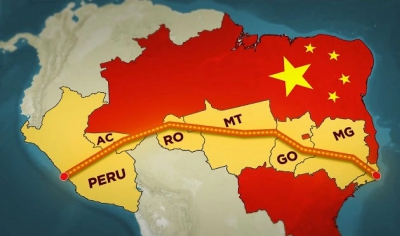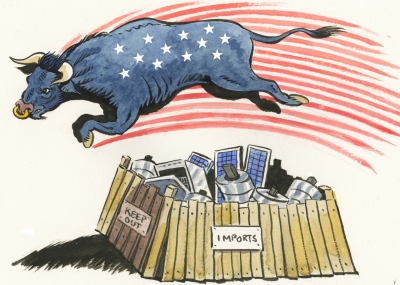Rally to protest
On January 28th, hundreds of Pakistani journalists took to the streets and held rallies to strongly protest against a proposed law aimed at regulating social media content. They believe the law is intended to restrict press freedom and impose strict controls on the digital sphere.

Once implemented, the law will create a regulatory agency with an independent investigative agency and special courts. Anyone found guilty of spreading false information will face up to three years in prison and a fine of up to 2 million rupees.
Internet control continues to strengthen
Digital media in Pakistan has been restricted before. The telecommunications department has taken measures to slow down internet speeds, and social media platform X has been banned for more than a year. "Reporters Without Borders (RSF)" ranked Pakistan 152nd out of 180 countries in the 2024 World Press Freedom Index (WPFI), and pointed out that Pakistan is one of the areas where journalists' work is extremely dangerous.
Just last week, Parliament passed amendments to the Prevention of Electronic Crimes Act (PECA). However, the government defended the new regulations, saying the law was introduced to effectively curb the spread of fake news and misinformation. This bill was the direct trigger for this massive protest in the press.

Event impact
At the protest site in Islamabad, Afzal Butt, chairman of the Pakistan Federal Union of Journalists (PFUJ), denounced: "This is a blatant violation of press freedom!" However, the police subsequently blocked him and other protesters from going to the "red zone." This area houses the Prime Minister's Secretariat, the Parliament and numerous diplomatic missions. "We will not rest until this law is completely repealed," Butt said firmly.

Control measures to curb fake news and misinformation have long been implemented in some countries such as Russia, North Korea and China. However, the Pakistani people and journalists are so resistant to the social media regulatory law mainly for the following reasons:
1. Risks of further tightening of controls
The establishment of special regulatory and investigative agencies may subject media and journalists to more restrictions and scrutiny when reporting. There is concern that they will not be able to freely collect and disseminate news, and normal journalistic work may be regarded as violations and punished.
2. There are risks of vague law enforcement
The definition of "false or untrue information" may be vague and easily interpreted by the government or relevant departments, causing some normal, fact-based critical reports or expressions of different opinions to be misjudged as spreading false information, and thus subject to penalties.
3. External network supervision has led to rising resistance
The previous measures taken by the telecommunications department, such as reducing internet speed and banning social media platform X, have already made the public and media feel that expression and information access in the digital space are restricted, naturally leading to resistance towards the new regulatory law and concerns about further strengthening control.
4. The development of the news industry will be limited
For journalists and the media industry, these control measures are not conducive to the healthy development of the digital media industry, reducing the efficiency of information dissemination and limiting the space for industry development.















